-
Introduction to Administrative Control
- The concept of administrative control and its strategic objectives in institutions.
- The vital role of control in improving institutional performance and efficiency.
- Types of control: internal and external control and their importance.
-
Concepts of Administrative Corruption
- Definition of administrative corruption and its root causes.
- Types of administrative corruption (financial, administrative, political) and their dimensions.
- The consequences of administrative corruption on institutions and society.
-
The Role of Control in Combating Corruption
- The direct relationship between administrative control and reducing administrative corruption.
- The importance of transparency as a key element in the control process.
- Key control mechanisms used to detect corruption and enhance accountability.
-
The Role of Regulatory Authorities in Detecting Corruption
- The main tasks of national and international regulatory bodies in combating corruption.
- Available governmental control tools such as inspections, audits, and independent oversight.
- Coordination between different regulatory bodies to achieve maximum transparency and accountability.
-
Internal Control: Objectives and Mechanisms
- Definition of internal control and its importance in institutions to combat corruption.
- Key elements of effective internal control and tools for its implementation.
- How to strengthen internal control to ensure compliance with policies and procedures.
-
External Control: Its Role in Enhancing Transparency
- The role of independent regulatory bodies and international organizations in achieving effective control.
- The importance of external control in ensuring the neutrality of administrative processes.
- External control mechanisms to enhance accountability and transparency.
-
Developing a Culture of Transparency and Integrity in Institutions
- The importance of building an institutional culture based on integrity and transparency.
- The role of senior leadership in instilling the principles of transparency and integrity.
- Strategies for promoting a culture of integrity within the institutional structure.
-
Preventive Practices to Reduce Corruption
- Developing preventive policies to combat corruption and apply ethical standards.
- Strategies to reduce conflicts of interest and strengthen governance.
- Methods for preventing corruption in financial and administrative dealings.
-
The Role of Education and Awareness in Combating Administrative Corruption
- The importance of continuous training for employees on best anti-corruption practices.
- Legal awareness as a primary tool to encourage compliance and implement control policies.
- Strengthening the role of media and civil society in promoting transparency.
-
Tools and Techniques for Detecting Administrative Corruption
- Using data analysis and intelligence techniques to detect corrupt practices.
- Electronic inspection techniques and thorough review of financial and administrative records.
- Leveraging modern technologies such as artificial intelligence in control processes.
-
Evaluating the Effectiveness of Control Systems
- How to measure the effectiveness of control systems and identify weaknesses.
- Frameworks for evaluating control performance and analyzing results for continuous improvement.
- Applying continuous improvement methods based on precise evaluations.
-
Using Technology to Enhance Administrative Control
- Implementing advanced electronic systems to improve the effectiveness of control.
- Using advanced analytics and big data tools to strengthen control.
- The role of technology in detecting suspicious patterns and institutional corruption.
-
Comparison of International Control Systems
- Studying models of control in developed countries and the differences between them.
- Comparing local and international control systems and adopting best practices.
- Reviewing successful international experiences in combating administrative corruption.
-
Challenges Facing Administrative Control in Local Contexts
- Political and legal challenges facing control systems.
- Resistance to change within institutions and factors influencing it.
- The impact of local culture and social environment on the effectiveness of control.
-
Future Trends in Developing Administrative Control
- Anticipating the future of control systems and corruption-fighting techniques.
- The importance of innovation and technology in developing control systems.
- Modern global trends in promoting good governance.
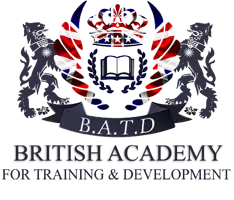
 Project Management Courses
Project Management Courses
 Mini Masters Programmes In Management
Mini Masters Programmes In Management
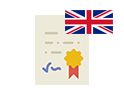 Mini Professional Diploma In Management
Mini Professional Diploma In Management
 Leadership & Professional Development
Leadership & Professional Development
 Human Resources Training Courses
Human Resources Training Courses
 Tendering & Contract Management
Tendering & Contract Management
 Procurement & Warehouses
Procurement & Warehouses
 Strategic Planning Courses
Strategic Planning Courses
 Quality Management & 6 Sigma Courses
Quality Management & 6 Sigma Courses
 Customer Service Courses
Customer Service Courses
 Administrative & Secretariat Courses
Administrative & Secretariat Courses
 Administrative Skills Courses
Administrative Skills Courses
 Sales Management Courses
Sales Management Courses
 Education Management Courses
Education Management Courses
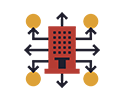 Retail Management Courses
Retail Management Courses
 Risk Management Courses
Risk Management Courses
 Office Management Courses
Office Management Courses
 Management Skills Courses
Management Skills Courses
 Protocol and & Management
Protocol and & Management
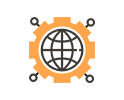 Diplomacy & International Relations
Diplomacy & International Relations
 Media & Journalism
Media & Journalism
 Public Relations
Public Relations
 Telecommunication Courses
Telecommunication Courses
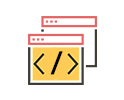 Information Technology and Programming Courses
Information Technology and Programming Courses
 Graphics & Design Skills Courses
Graphics & Design Skills Courses
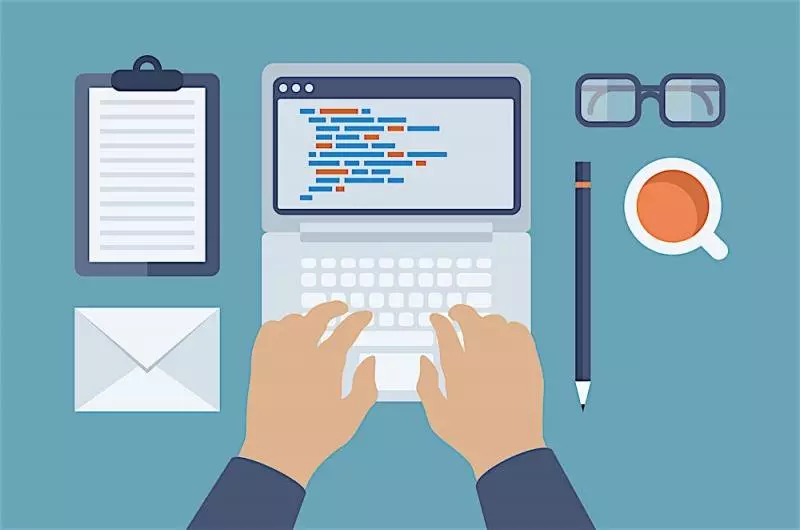 Programming & Coding Courses
Programming & Coding Courses
 Cybersecurity and Digital Security
Cybersecurity and Digital Security
 Environment Municipality management
Environment Municipality management
 Urban Planning and City Building Courses
Urban Planning and City Building Courses
 Accountancy & Bookkeeping Courses
Accountancy & Bookkeeping Courses
 Corporate Governance & Anti Corruption Courses
Corporate Governance & Anti Corruption Courses
 Investment & Banking Training Courses
Investment & Banking Training Courses
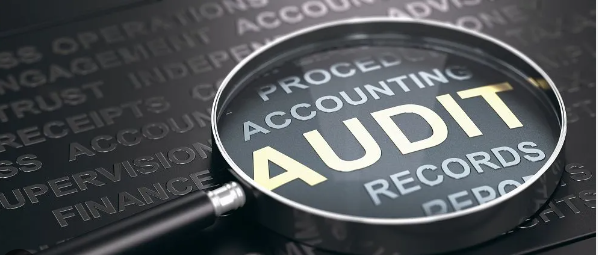 Financial Reporting And Auditing
Financial Reporting And Auditing
.png) Medical Quality Improvement and Patient Safety
Medical Quality Improvement and Patient Safety
 Oil and Gas Training Courses
Oil and Gas Training Courses
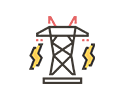 Renewable and Clean Energy Training Courses
Renewable and Clean Energy Training Courses
 Electricity and operation & maintenance
Electricity and operation & maintenance
 Health & Safety Training Courses
Health & Safety Training Courses
 Public Health & Hospital Management Courses
Public Health & Hospital Management Courses
 Training Courses in Engineering Maintenance
Training Courses in Engineering Maintenance
 Engineering Management
Engineering Management